Miluim

the Book of Vayikra (Leviticus) is known as Torat HaKohanim, “The Teachings of the Priests.” It is directed to people who would be ministering in the Temple in Jerusalem. In the Israel Defence Force, reserve duty is called MILUIM. It is from a root that means to fill one’s hands. In this week’s portion we read about the seven days of MILUIM. Parashat Tzav, צַו “command”, Leviticus 6:1–8:36, tells us about the seven days of MILUIM- the seven day ceremonial inauguration of the tabernacle, in which Mosheh trained Ahron and his sons to do the AVODAH in the Mishkan. How to perform their duties and rights as kohanim (priests), initiating them into the priesthood, teaching them how to offer the korbanot (animal and meal offerings) in the Sanctuary, and the fire on the altar that must be kept burning at all times.
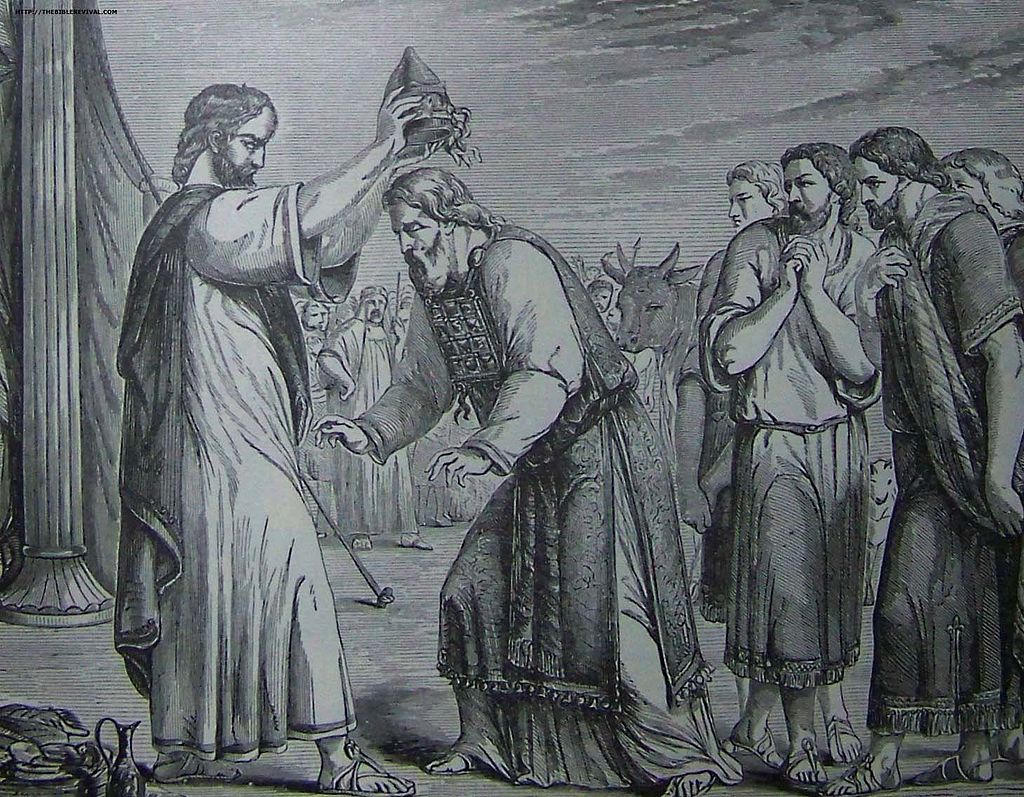
Vayikra versus Tzav
When approaching the first section of parashat Tzav, we are detailing the sacrifices for the second time!!! In parashat Vayikra, we already learned about the five groups of korbanot offerings. Some offerings are optional; some are mandatory. Some of the offerings are burnt to ashes on the altar, and some remain for the priests and the giver of the offering. Why do we read about the five groups of korbanot offerings, again, for the second time?
In Vayikra the laws of sacrifices are outlined as regards to the individual Israelite, in Tzav they described as regards to internal Temple procedures. The order of the five sacrifices is different, as it reflects the group being addressed. In both listings we move from higher levels to lower levels, but the lists have very different agendas. For the Israelites in parashat Vayikra, we talk about human motivation. For the priests, in parashat Tzav, we talk about what they are responsible for, degrees of sanctity, and when they are allowed to leave the Temple grounds.
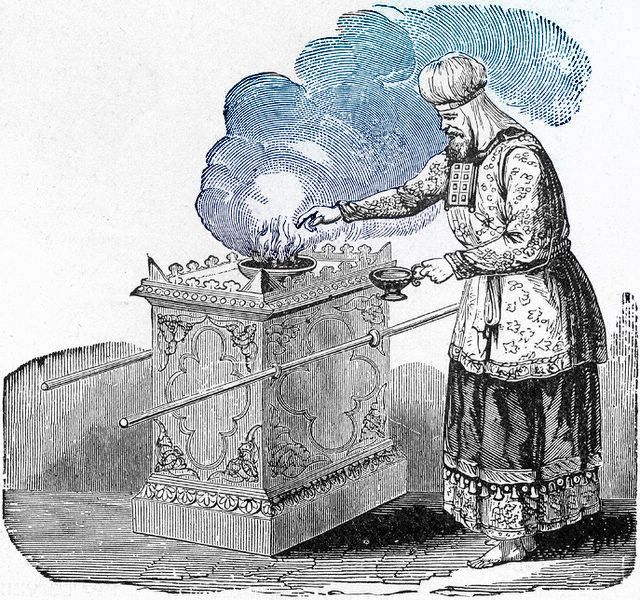
Vayikra
In Vayikra “The Lord called to Moses … saying: ‘Speak to the Children of Israel and say to them: When any of you presents an offering to God …’” (1:1-2). Mosheh is talking to the people, the Children of Israel. In Vayikra, the ordering begins with sacrifices that are self- motivated (Olah, Mincha, Shelamim) and then continues with obligatory sacrifices (Chatat, Asham). Why? Because the focus is the individual.
The five kinds of korbanot
OLAH– The “ascending offering” that is wholly raised to G‑d by the fire atop the altar; MINCHAH– Five varieties of “meal offering” prepared with fine flour, olive oil and frankincense; SHELMIM– The “peace offering”, whose meat was eaten by the one bringing the offering, after parts are burned on the altar and parts are given to the kohanim (priests); cattle, sheep, and goats. CHATAT– The different types of “sin offering” brought to atone for transgressions committed by mistake either by the High Priest, the entire community, the king or the ordinary people. ASHAM– The “guilt offering” brought by one who has misappropriated property of the Sanctuary, who is in doubt as to whether he transgressed a divine prohibition, or who has committed a “betrayal against G‑d” by swearing falsely to defraud a fellow man.
Tzav
In Tzav The Lord spoke to Moses saying “Command Aaron and his children …” (6:1) The first four classifications (olah, mincha, chatat, asham) are all grouped together in that they have a degree of sanctity which precludes taking the food of the sacrifice from the boundaries of the Temple. They are “kodshei kodshim” – highly sanctified. But the shelamim sacrifice can be eaten by a non-priest anywhere in Jerusalem. It is “kodshim kalim” – lightly sanctified. OLAH– The “ascending offering” that is wholly raised to G‑d by the fire atop the altar;
MINCHAH– Five varieties of “meal offering” prepared with fine flour, olive oil and frankincense;
CHATAT– The different types of “sin offering” brought to atone for transgressions committed by mistake either by the High Priest, the entire community, the king or the ordinary people.
ASHAM– The “guilt offering” brought by one who has misappropriated property of the Sanctuary, who is in doubt as to whether he transgressed a divine prohibition, or who has committed a “betrayal against G‑d” by swearing falsely to defraud a fellow man.
SHELMIM– The “peace offering”, whose meat was eaten by the one bringing the offering, after parts are burned on the altar and parts are given to the kohanim (priests); cattle, sheep, and goats
“A mountain suspended by a thread”
Why does the Torah goes into such detailed descriptions of the sacrifices? The same is true as for the detailed instructions of the Tabernacle, the Mishkan, which take up twelve chapters in Shemot (Exodus), while Shabbat gets only a few lines?! The Rabbis pictured the Laws of Shabbat as “a mountain suspended by a thread” (Chagiga 1:8). Why Shabbat gets only a few lines in the Torah ”thread”, even though its laws, obligations and restrictions are incredibly complex and massive in their scope, compared to a ”mountain”?
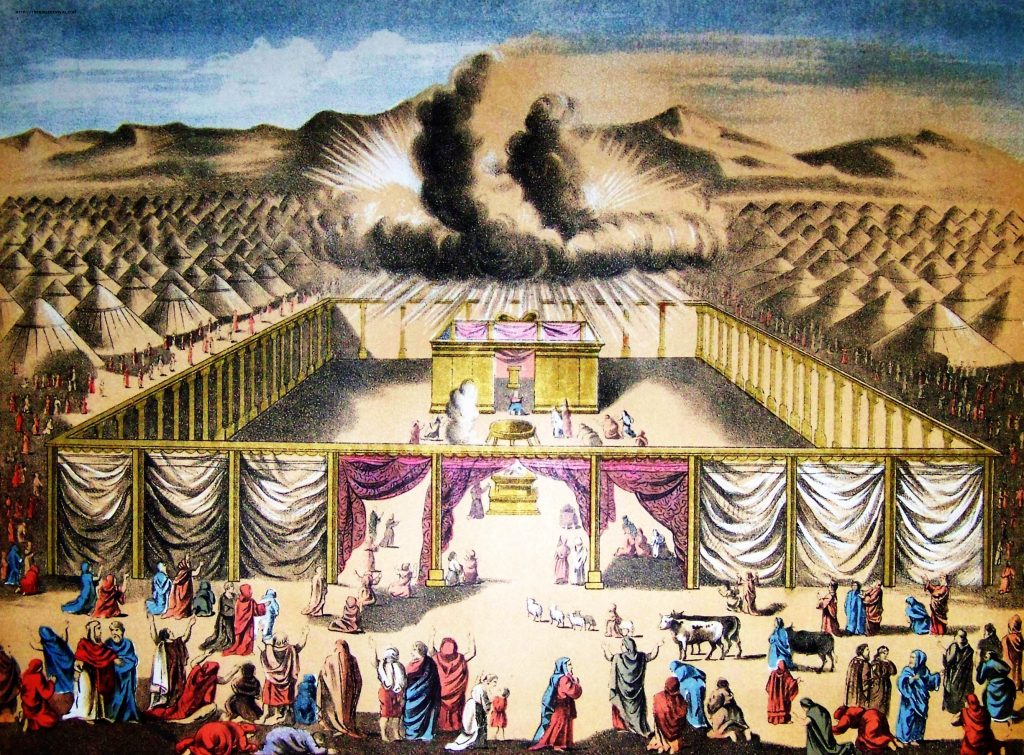
Rav Alex Israel, in Thinking Torah wrote: “Judaism introduced many new ideas. For the Jews, there were laws and regulations to follow, 613 commands which would shape the new way of life that G-d was introducing into the world. Certain ideas were unique to the new religion. Do not mix milk and meat, Shabbat for example. These could be mentioned in a sentence. There was no danger that any of the contemporary culture would pollute thee ideas because only the Jews were practicing them. But if G-d told them to build a temple, to bring sacrifices, they would have simply followed the contemporary pagan way! . . . A Jewish temple was to be exactly this way. Nothing was to be left to interpretation. But the Sabbath; there was no danger from the outside to that institution. Whoever Moses defined it would become its shape and form. And so, the detail in which the sacrifices are described was vital in ensuring a uniquely monotheistic, Jewish way of serving G-d.”
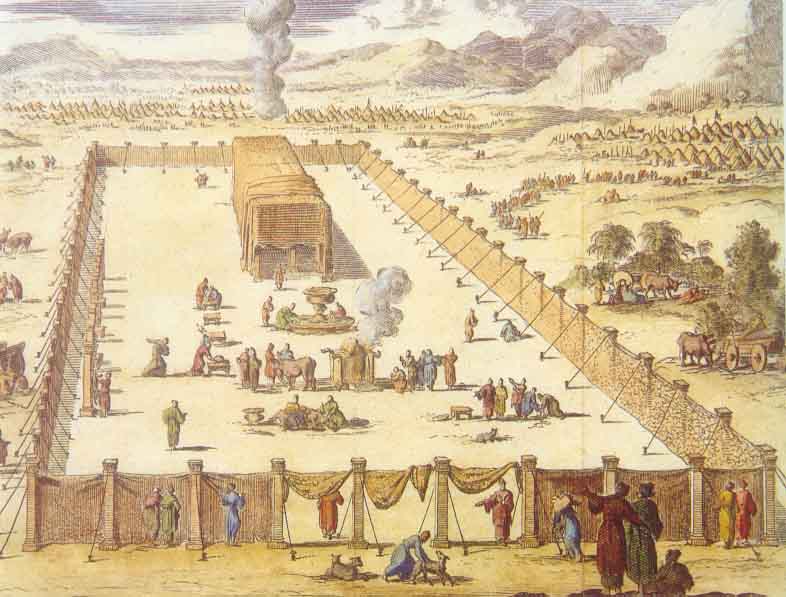
One last thought, the opening passage of the Parasha (Vayikra 6:1-5) in its entirety, focus upon the fire of the Altar. “The fire on the Altar must burn upon it, you may not extinguish it; and the Kohein shall burn wood upon it every morning, and set the Olah upon it, and the fats of the Shelamim. Fire must burn upon it continually; it may not be extinguished!” The opening Mitzvah of this parashah, the first Avodah the Kohanim had to perform every day in the morning, while wearing Bigdey Kehunah, was: Trumat hadeshen. The Mitzva is a Temple ritual in which a small volume of ash is removed every morning from the altar, the Mizbeach. The Ash is then placed at the side of the Mizbeach. It might seem like a “lowly job”, not fit for Kohanim. We do not know why this mitzvah was given, but we can learn an important lesson from it. While the kohanim were chosen by G-d to perform the Avodah, practicing humility, was an important daily task, a daily ritual, a reminder, that even the Kohanim had to be humble, and to stay humble, and that the Kohanim are only servants of G-d.
The parashah ends with Ahron and his sons being praised for following the instructions they were given precisely, without changing a thing. “And Ahron and his sons did all the things that the LORD had commanded through Moses.”
וַיַּ֥עַשׂ אַהֲרֹ֖ן וּבָנָ֑יו אֵ֚ת כָּל־הַדְּבָרִ֔ים אֲשֶׁר־צִוָּ֥ה יְהוָ֖ה בְּיַד־מֹשֶֽׁה׃

16 Mitzvot in Parashat Tzav
- To remove the ashes from the altar every day Lev. 6:3
- To light a fire on the altar every day Lev. 6:6
- Not to extinguish this fire Lev. 6:6
- The Kohanim must eat the remains of the meal offerings Lev. 6:9
- Not to bake a meal offering as leavened bread Lev. 6:10
- The Kohen Gadol (“”High Priest””) must bring a meal offering every day Lev. 6:13
- Not to eat the meal offering of the High Priest Lev. 6:16
- Carry out the procedure of the sin offering Lev. 6:18
- Not to eat the meat of the inner sin offering Lev. 6:23
- Carry out the procedure of the guilt offering Lev. 7:1
- To follow the procedure of the peace offering Lev. 7:11
- To burn the leftover sacrifices Lev. 7:17
- Not to eat from sacrifices offered with improper intentions Lev. 7:18
- Not to eat from sacrifices which became impure Lev. 7:19
- To burn all impure sacrifices Lev. 7:19
- An impure person must not eat from sacrifices Lev. 7:20
The 613 Mitzvot
In The Torah there are 613 commandments, mitzvot, also known as the Law of Moses (תרי״ג מצוות, taryag mitzvot). The 613 mitzvot are first recorded in the 3rd century CE, when Rabbi Simlai mentioned it in a sermon that is recorded in Talmud Makkot 23b.
The 613 commandments include 248 “positive commandments”, to perform an act (mitzvot aseh), and 365 “negative commandments”, to abstain from certain acts (mitzvot lo taaseh). The negative commandments number 365, which coincides with the number of days in the solar year, and the positive commandments number 248, a number ascribed to the number of bones and main organs in the human body.
Though the number 613 is mentioned in the Talmud, its real significance increased in later medieval rabbinic literature, including many works listing or arranged by the mitzvot. The most famous of these was an enumeration of the 613 commandments by Maimonides, The Rambam.
Many of the mitzvot cannot be observed now, following the destruction of the Second Temple, although they still retain religious significance. According to one standard reckoning, there are 77 positive and 194 negative commandments that can be observed today, of which there are 26 commands that apply only within the Land of Israel. Furthermore, there are some time-related commandments from which women are exempt (examples include shofar, sukkah, lulav, tzitzit and tefillin). Some depend on the special status of a person in Judaism (such as kohanim), while others apply only to men or only to women.
according to Rambam Organized by Parshah. based on Wikipedia and http://www.vaadrv.org/rambam613mitzvot.asp ONE BIG IMPORTANT NOTE WHEN USING THIS LISTING: This listing is not all inclusive. Rambam may site multiple sources for a mitzvah is his works but this list currently only gives one source for each mitzvah.

Check out YedidYah Psalm 96 “Yiram Hayam” Music by Rabbi Yakira Yedidia https://youtu.be/aTBD4i9nvXw
The Priestly Blessing
יְבָרֶכְךָ יהוה, וְיִשְׁמְרֶךָ- May the LORD bless you and guard you
יָאֵר יהוה פָּנָיו אֵלֶיךָ, וִיחֻנֶּךָּ -May the LORD make His face shed light upon you and be gracious unto you
יִשָּׂא יהוה פָּנָיו אֵלֶיךָ, וְיָשֵׂם לְךָ שָׁלוֹם- May the LORD lift up His face unto you and give you peace
Check out YedidYah “The Priestly Blessing” Birkat Hakohanim. Music by Rabbi Yakira Yedidia https://youtu.be/YNE11QdEMN0
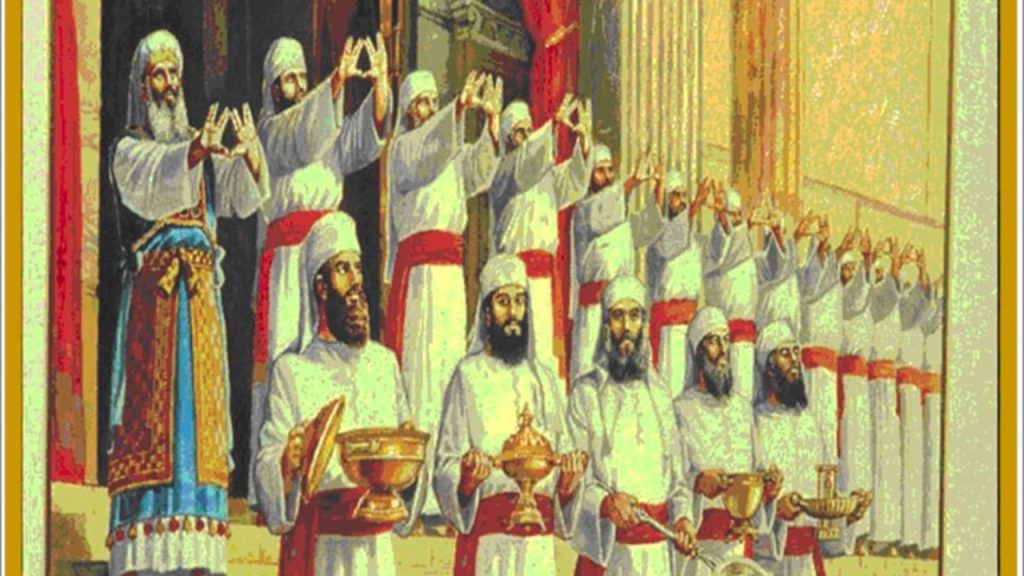
#####
This blog article was inspired by chabbad.org

